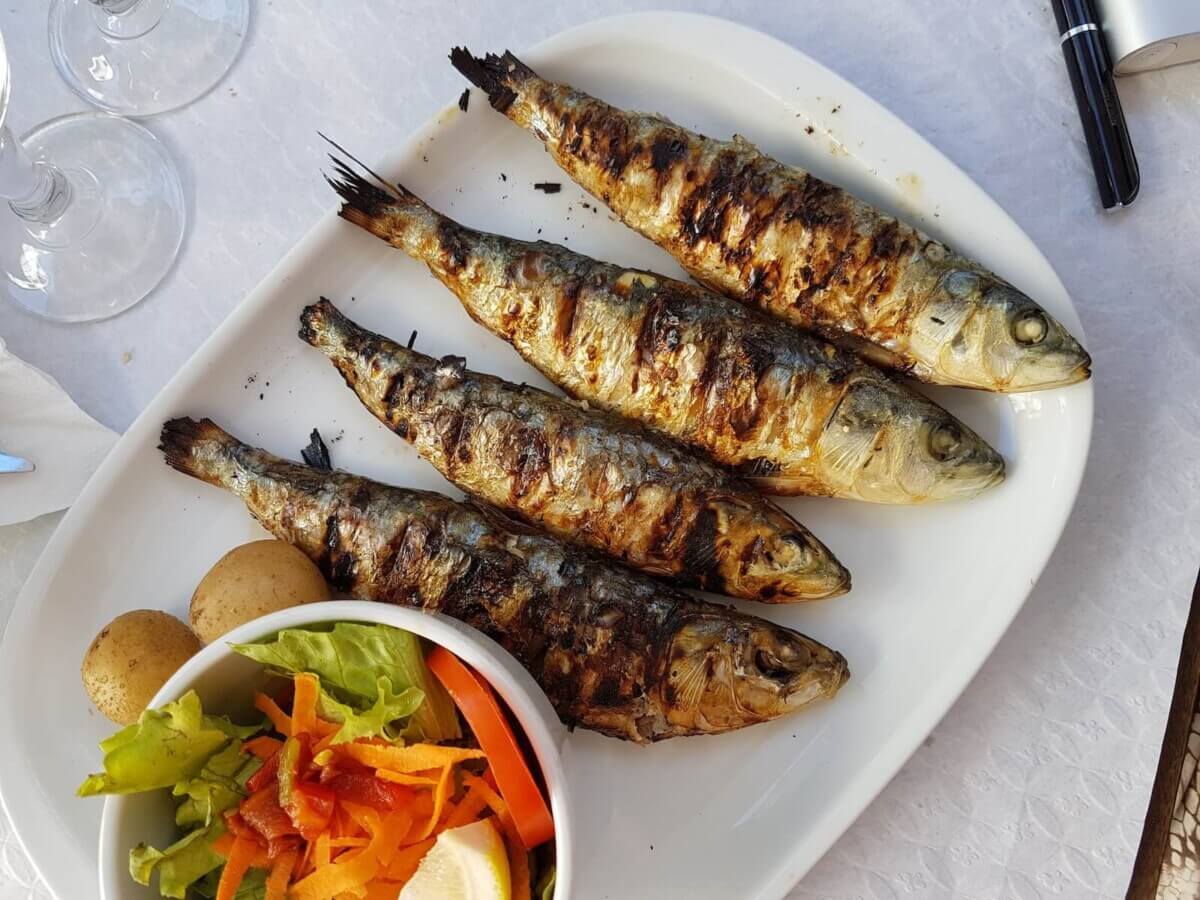
(© Prostock-studio - stock.adobe.com)
Having healthy hair that lasts (and continues to grow) into old age depends on numerous factors: overall health, genetics, age, diet, environment, and medications. Thankfully, you have control over some of those factors, and your diet is one of them. Yes, what you eat can help ensure optimal hair health in the long run.
So what’s the connection? Vitamins and minerals from food play important roles in the hair follicle growth cycle and cellular turnover. Conversely, a diet lacking essential nutrients can lead to hair loss. These key nutrients include:
- Vitamin B12
- Vitamin D
- Biotin
- Riboflavin
- Iron
If hair health is one of your top priorities, you should pay attention to what you’re eating every day. You can use StudyFinds’ free “Score My Meal” app to monitor your diet’s link to your hair and 10 other health systems. Here’s a look at some of the best foods you can add to your diet to keep your hair strong and healthy no matter your age:
1. Eggs
Eggs are a major source of protein and biotin – both are vital for hair growth. Hair follicles are mostly protein, of which biotin is an essential component. It’s necessary for a hair protein called keratin, which is why biotin is often marketed as a hair supplement. Biotin deficiency, however, is uncommon if you consume a balanced variety of foods. Trying to get more biotin in foods or taking a supplement is usually unnecessary and could interfere with other nutrients.

Eggs are also a good source of zinc, selenium, and other hair-healthy nutrients that make eggs one of the best foods there is for hair health.
2. Berries
Berries are good sources of antioxidants, including vitamin C. Antioxidants protect hair follicles from free radicals, which are renegade molecules that can damage cells. One cup of strawberries provides more than 100% of your daily need for vitamin C. The vitamin is also essential to collagen production, which helps strengthen hair to prevent brittleness and breakage. Vitamin C also helps with iron absorption. Iron deficiency anemia has been linked to hair loss.
3. Spinach
Spinach is packed with beneficial nutrients like folate, iron, and vitamins C and A, all of which are important for hair growth. Too much Vitamin A, however, has been linked to hair loss. Spinach is also a great plant-based source of iron.
A cup of cooked spinach contains approximately 943 mcg RAE (Retinol Activity Equivalents) of vitamin A, which is 105% of the daily value. Raw spinach contains around 141 mcg of vitamin A per cup.
4. Fatty fish
Fatty fish are your best sources of omega-3 fatty acids and protein, both essential to hair growth. Fatty fish are a good choice for vitamin D3, and B vitamins. Some types of fatty fish include:

5. Sweet potatoes
Sweet potatoes are a good source of beta-carotene, a compound that the body converts into vitamin A. A medium sweet potato provides more than 150% of your daily need for vitamin A.
Remember, too much and too little vitamin A can affect hair health. Be mindful of how much you are consuming, especially if you’re taking a supplement that contains the vitamin. One whole sweet potato baked in its skin contains 1,403 mcg (RAE) of vitamin A, which is 156% of the daily value, according to the NIH.
6. Avocados
Avocados are packed with healthy fats and vitamin E, which is an antioxidant that may support hair growth. It prevents oxidative stress by neutralizing free radicals.
Vitamin E also protects some areas of skin, like the scalp, from oxidative stress and damage. Scalp damage can result in a loss of hair follicles and hair loss.
7. Nuts and Seeds
Nuts are good sources of vitamins E, B, zinc, selenium, and healthy fats, all important to hair growth. The deficiency of any of these may contribute to hair loss. Just an ounce of almonds provides about half of your daily need for vitamin E.
8. Sweet peppers
Sweet peppers are a concentrated source of vitamin C, an antioxidant. It also promotes collagen production which can help strengthen hair strands. Sweet peppers are also a good source of beta-carotene, a precursor to vitamin A.
9. Oysters
Oysters are one of the best sources of zinc, which supports the hair growth and repair cycle. A lack of zinc can promote a condition called telogen effluvium, which is a reversible form of hair loss triggered by a lack of nutrients. A zinc supplement may reverse the effects of hair loss caused by zinc deficiency, but too much zinc can cause toxicity. Getting zinc from foods, in smaller doses, is the best way to meet your requirement.

10. Meat
Protein and iron in meat help repair and strengthen hair follicles. A 3.5 ounce serving of beef contains up to 29 grams of protein. The iron in red meat is a type that is especially easy to absorb. It is essential to produce red blood cells, which carry oxygen to every cell in the body, including hair follicles. Protein and iron deficiencies may contribute to hair loss.
It’s no surprise to anyone, however, that too much red meat, especially when processed, has been linked to cardiovascular disease, colorectal cancer, and Type 2 diabetes. The American Heart Association suggests limiting red meat consumption to two or three servings per week.
No one food supplies all the nutrients you need for healthy hair. A wide variety of healthy, low-fat foods is vital for overall well-being. For optimal health you also need exercise and adequate sleep. Avoid overeating and limit alcohol. You can find stress relief through yoga or meditation, or whatever works for you without doing harm. Don’t smoke. Cultivate rewarding relationships and be a good friend. Practice kindness and gratitude — believe it or not, the behaviors can significantly influence your overall health, including the hairs on your head.







